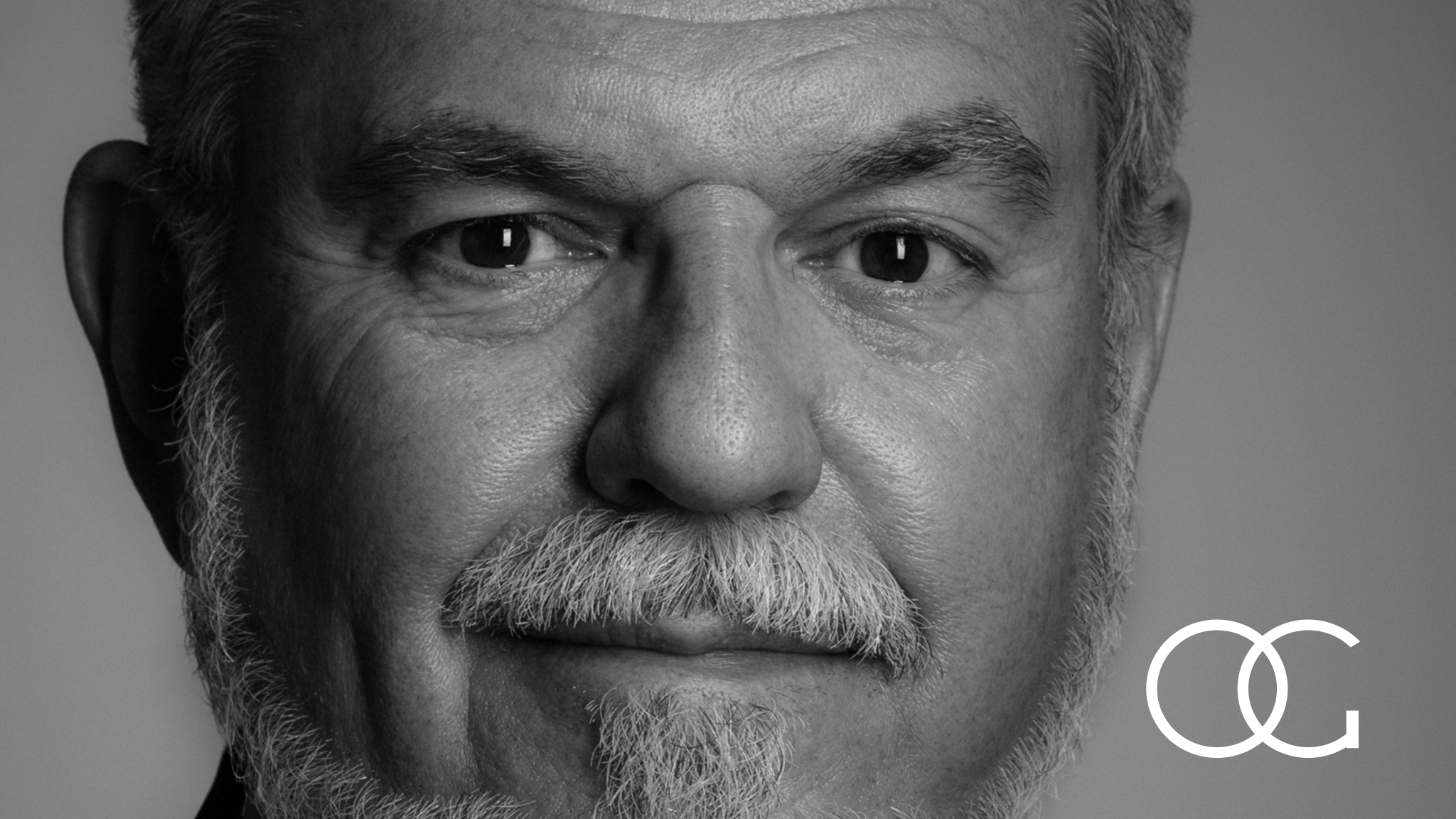On January 26, 2022, new legislation expanding workplace anti-retaliation protections took effect in New York, extending rights to both public and private sector workers who report employers’ illegal or dangerous business activities. This new version of the statute is the culmination of more than 40 years of tireless work by Outten & Golden Co-Founder Wayne Outten to expand whistleblower rights.
Championing a New Cause of Action
Throughout his legal career, Wayne has devoted himself to enforcing and defending individuals’ civil rights. His focus on the workplace began at NYU Law School—first as a student and later as an instructor—when a professor-turned-mentor encouraged Wayne to write a book on employee rights, covering the relatively new concept of whistleblower protection. Although federal laws at the time offered narrow protections, neither they nor any state laws granted a specific cause of action for whistleblower retaliation.
With similarly-motivated lawyers Alfred Feliu, Thomas Stoddard, and Lawrence Diamond, Wayne drafted a model whistleblower protection bill and supporting memo they then distributed to legislators in states throughout the country. Given the sizable presence of pharmaceutical companies in the state, New Jersey was the first to enact the statute, now known as the Conscientious Employee Protection Act (CEPA).
The Law Struggles to Gain Traction in New York
Mr. Stoppard, then the legislative director of the New York Civil Liberties Union, pushed for New York to adopt the model whistleblower protection law. In three consecutive years from 1981 to 1983, the New York Assembly passed the bill only to see it fail in the New York Senate. In 1984, on the final day of the legislative session, the Senate passed it after drastically revising Wayne’s draft.
New York’s statute included different provisions for public and private employees with no real consequences for employers. It placed the burden on the whistleblower to not only prove the illegality of the reported act but also establish a specific danger to public health and safety. State courts later interpreted the law as requiring the employee to be correct in the assertion of wrongdoing; a reasonable, good-faith belief was insufficient. The amendment effectively created an insurmountable hurdle for the whistleblower and implemented a “poison pill” provision that prohibited the employer from seeking relief under other statutes.
Wayne felt personally responsible for the flawed departure from the model bill he drafted and made it his mission to correct it.
37 Years Later
In the nearly four decades that followed, Wayne continued his nationwide campaign to expand employee rights, including whistleblowers. In 1985, he co-founded and was a charter executive board member of the National Employment Lawyers Association (NELA) and served as president of NELA’s New York Chapter for 16 years. Over time, the chapter formed a legislative committee, raised funds, and hired lobbyists to push for changes in the New York law, and Wayne testified in government hearings in Albany. Also, several lawsuits were filed on behalf of whistleblower workers to challenge the statute in court, all to no avail.
A few years ago, when a shift in the legislature led to a Democratic-controlled Assembly and Senate, the amended whistleblower protection law came close to passing but fell short when the two houses could not agree on language before the session expired. Drafts went back and forth between them before former Governor Cuomo vetoed the bill.
A Bright Spot During the Pandemic
In 2021, the New York Assembly and Senate both passed Wayne’s model statute, placing it once again on Governor Cuomo’s desk where it languished. After he resigned in August under pressure from a sexual harassment scandal, Governor Kathy Hochul took the final step, signing the bill into law on October 28, 2021—with Wayne proudly watching remotely.
“The model was a noble effort rooted in sound public policy,” Wayne reflected. “Every employee with a good-faith, reasonable belief in an assertion of wrongdoing should be free to report the act if they are trying to protect the public interest. The state is in the best position to protect the whistleblower, despite federal laws such as the Sarbanes-Oxley Act. Of all the states that passed whistleblower retaliation laws over the years, New Jersey’s statute was the best and closest to model, and New York’s was worst. Thankfully, that’s different now. “

